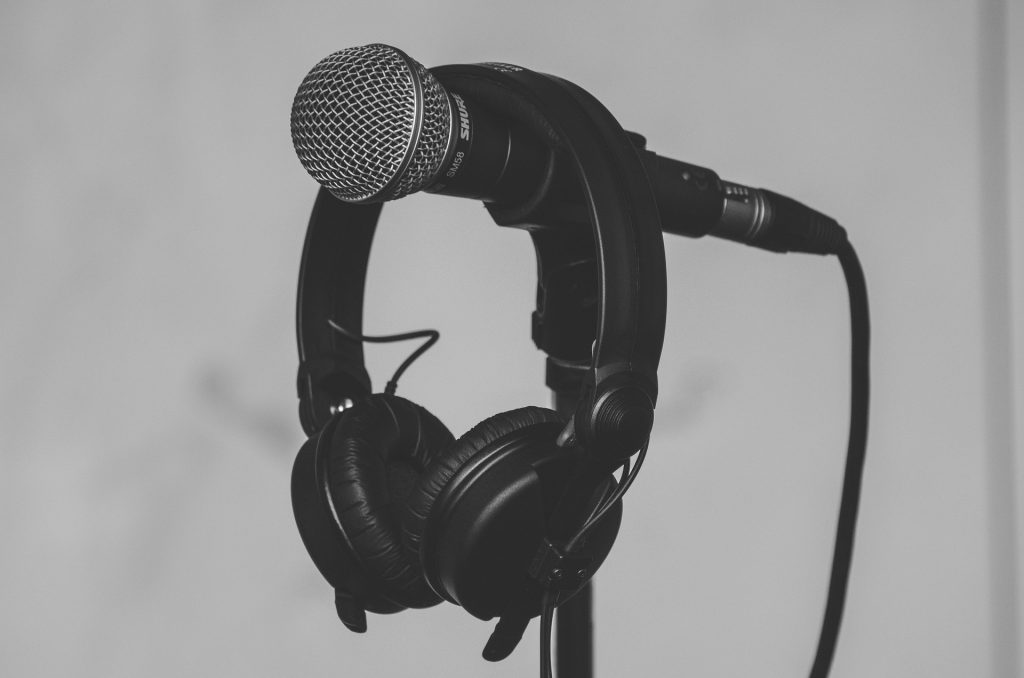
The advent of podcasts saw the movement of media consumption into the online space, and changed the relationship between creator and audience. The continued decline in TV ratings reflects a change in the way that we seek out entertainment. We’re no longer satisfied by ‘what’s on’ and thus, podcasting allows for people to produce and consume exactly the content that they want, with minimal or no cost to either party. This format also supersedes the barriers to entry posed by traditional media – all you need to make a podcast is a microphone and a good idea. What has ensued is a new wave of minority voices infiltrating a new platform, affording the representation not seen in TV or radio broadcasting.
Lack of representation of minority groups in traditional media still poses a significant problem. A recent review of diversity in broadcasting found that Black, Asian and minority ethnic (BAME) people constituted only 10% of those represented on UK television, with even lower figures for LGBTQ+ and disabled people. An even bigger problem for television is diversity of thought; even when quotas ensure representation of different people, their unique experiences may not be seen. Podcasting allows for underrepresented people to create their own content and share their own perspectives, rather than a producer or script dictating the direction.
Black, Asian and minority ethnic (BAME) people constituted only 10% of those represented on UK television, with even lower figures for LGBTQ+ and disabled people
Not only does this medium allow for a greater diversity of creators, it naturally attracts a more diverse audience. A new podcast network, ShoutOut, has created five podcasts about culture literature, sports and current affairs, made by and for young black British people. This is an important step for minority representation, but the impact of these podcasts could be even wider-reaching. This content is readily available to anyone with an internet connection, which means that anyone could benefit from hearing about life from a perspective other than their own. This could be a critical tool in helping people to understand and empathise with others and the social issues that affect them, as opposed to the neutral, detached way that you hear about them on the news.
Podcasting is gaining traction in a big way. So many new voices are being heard, but the growth of the platform comes at a cost. With so much to choose from, who is worth listening to and how can you find them? The sheer quantity of podcasts on offer makes it difficult to navigate. Podcast categories on iTunes are limited to genre, which makes it difficult for listeners to find podcasts by diverse voices, and leads to an overreliance on social media to get the word out. But ultimately, the biggest barrier to the spread of lesser heard perspectives is an unwillingness of people to seek out an engage with them, even though they are only a click away.
